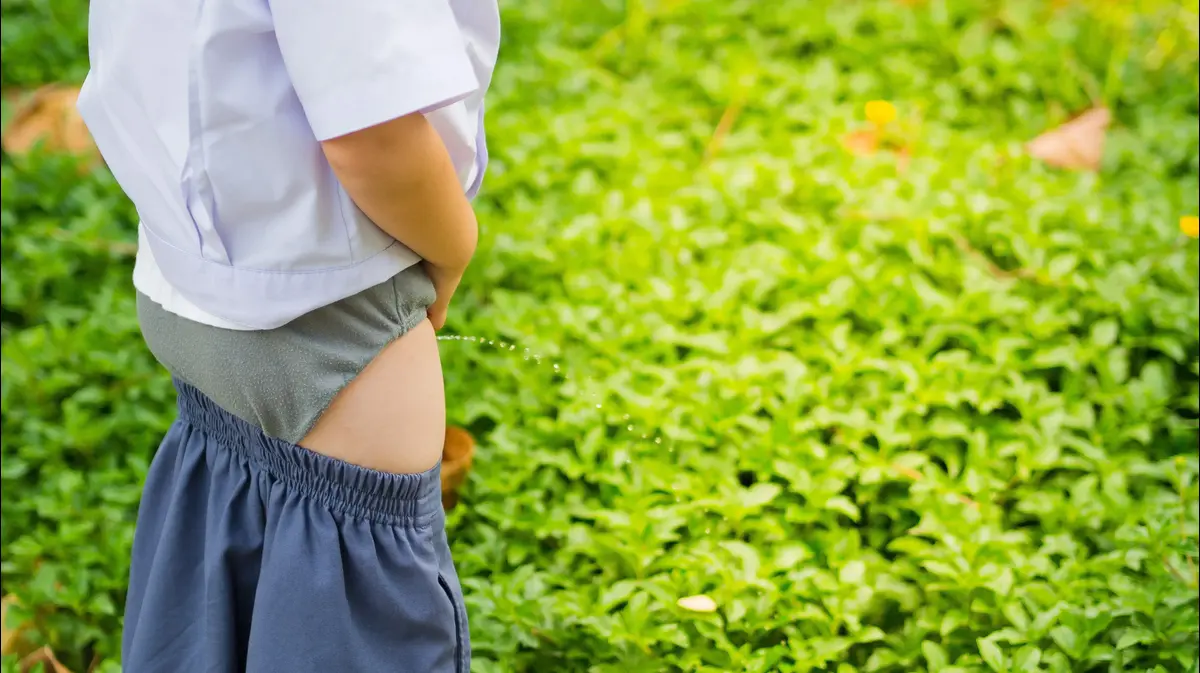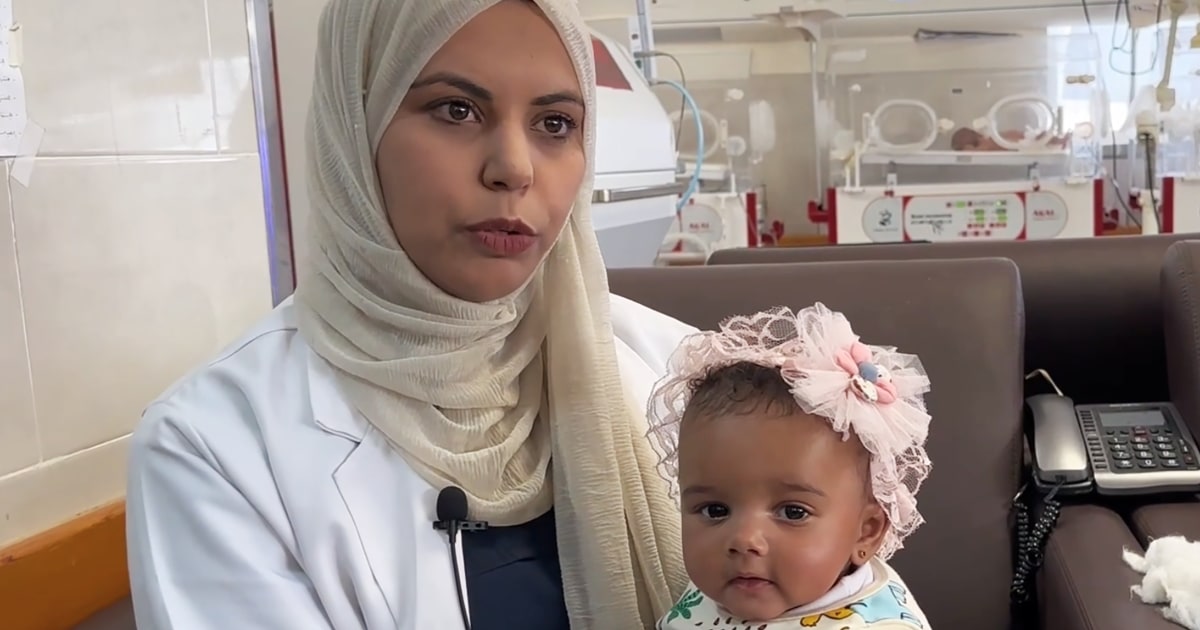health
parenthood
Weaning from diapers: The 7 most troubling questions for parents, and the answers to them
The process of weaning from diapers almost never ends in one day, and it can be challenging for both the child and his parents.
So how do you do it right?
Here's everything you need to know
Tags
Toilet training
weaning
parenthood
Children
Pine light beam
Sunday, 04 April 2021, 12:24 Updated: 14:37
Share on Facebook
Share on WhatsApp
Share on general
Share on general
Share on Twitter
Share on Email
0 comments
The diaper weaning season is in full swing.
A boy pees outside (Photo: ShutterStock)
Lots of parents take advantage of the Passover holiday every year to wean their children from diapers, and because it is a challenging process, every Passover a lot of parents' questions about the weaning process accumulate.
Here are the questions parents are particularly concerned about diaper weaning, and the answers to them.
More on Walla!
The truly complete guide to effective diaper weaning
To the full article
1. Is there a particularly recommended period for rehab?
In general, it is recommended to start the detoxification process at home, in the child's safe place, and it is important to take into account that the parents are ready and available for the necessary support from them.
This is why many parents choose the Passover holiday or the summer holiday.
Only when the child is rewarded at home for a number of days, can the process be transferred to kindergarten as well.
More on Walla!
At what age should you start weaning your child from diapers at night?
The pot of pots: 10 blows of weaning from diapers
This mother found an ingenious method of weaning her child from diapers
Changing attitudes: What furniture did the Israelis buy in closure and what are they buying now?
Remember that the goal is to teach the child to take responsibility for his actions.
Along the way, more than once, we also meet with "misses" that are part of the learning process.
For example: after the child has experienced the result of deciding to hold back (too much) and not leave the game in the middle, there is a reasonable chance that the next time he is in a similar situation, he will be able to learn lessons.
And if not, it is our job to mediate for him and explain the importance of the quick response.
It is important to create an enabling environment, to encourage and support the child in this learning process.
2. The detoxification process must come from the child?
Not necessarily.
As a rule, the detoxification process does not have to come from the child, although for the most part it helps a lot for efficiency.
When parental intervention and encouragement is required, it is important to be attentive and vigilant both to the stage the children are in in relation to weaning and to their responses to the discourse on the subject.
It is advisable to ask and find out with the child about his desire and check the level of cooperation on his part: "I see you pee, would you like to try in the bathroom?", And encourage: "You are such a mature and know how to say when you need to go vacate."
3. How do you know that the child is ready for weaning?
Children can begin a rehab process between the ages of one and three, and their readiness depends on several factors: personal abilities (maturity), environment (whether the environment is compatible and enables rehab process: toilets, buttocks, pot) and the atmosphere we create around the subject (such as patience or stress).
The child wants to sit on the pot on his own initiative?
He's probably ready.
A boy on a pot (Photo: ShutterStock)
Here are some examples of cases where you can start the weaning process: notifying the child that he has defecated and requesting a diaper change;
Expressing the child's desire to defecate in the toilets, including curiosity about the toilets and the behavior of the parents / siblings in them;
Attempt to sit on the toilet / pot / buttocks;
Request to wear underwear or be without a diaper.
4. Is it that when the child is "ready" the detox happens in one day?
No.
Detoxification is the decision-making process and the child's ability to control his needs.
Ability is individual and varies from child to child.
Usually the detoxification process as its name implies is a process, and does not read in one day.
Proper accompaniment and support from parents and the educational staff will significantly streamline the process and shorten it significantly.
5. Should we remind the child to go to the bathroom every few minutes?
No.
The purpose of rehab is to transfer full responsibility to the child for his needs.
When we remind him every few minutes we rob him of the ability to understand and link the feelings in his body to the exits.
Thus also "saving" him from taking responsibility and control over them.
If we are really afraid of carpet in the living room, or smell in bed, we can offer the child to go to the bathroom in "passages" such as: when you get up in the morning, before leaving the house (if for a long time you can explain where to go and there will be no toilet. Start of a new game.
This is how we help them develop the right habits and at the right times.
6. And what do you do when it just does not go?
When the detoxification process is not progressing according to expectations, the parents have to adjust to the child.
When the child is functioning properly in kindergarten and not at home (or vice versa), or when he cooperates with one parent and less with another parent, a power struggle should be avoided and action taken to reinforce the desired behavior in a soft way.
That is, we must encourage and praise the child when he succeeds and acts as expected "Well done, you managed to hold back", "What a beauty you went to the bathroom and provided".
It is advisable to downplay words and act concretely.
A boy peeing on the floor (Photo: ShutterStock)
When the child "misses" it is advisable to downplay words and act concretely, just help him clean up and change clothes, as much as possible on his own.
In any case, judgment, criticism and anger should be avoided, as these can create a power struggle and control between you and your child and impair the process.
Remember that in the process of weaning from diapers, the more important thing - as with anything related to our children - is the relationship.
Therefore we must maintain a good and benevolent relationship with our child and take seriously the path they are going through.
If the child is not ready or due for any reason, we should check and work in the sector where he needs the help.
Understand whether it is an inability and need for learning, whether it is fear (many children have a fear of the toilet, or the fact that something comes out of their body), perhaps it is at all a need for control (behavioral).
Either way they were attentive and alert and matched the help, accompaniment and responses.
7. Is it true that it is forbidden to return to putting on a diaper after it has been removed?
No.
If you have started and found that the child is not in the right direction at all in terms of maturity, readiness and cooperation, return the diaper.
Do a process to advance the steps that will advance your child towards the real process and only then try again.
At the same time, do not rush to return a diaper because of "misses" of a child who is completely mature and in the process, as this may create a feeling of failure and anxiety in the child.
Remember, a rehab process is not a success or a failure.
This is another step in the process of growth and development of children, in their time and place.
Proper process is based on a relationship of trust in the ability, transfer of control and responsibility to the child according to his ability and desire.
In the right process, the child comes out with a positive self-image, and then he will reach due to more the next stages and developmental challenges.
The Or Oren Foundation is responsible for early childhood at the Adler Institute
Share on Facebook
Share on WhatsApp
Share on general
Share on general
Share on Twitter
Share on Email
0 comments












